In Depth
Inside the Archives: George Soros and the Fight for Roma Dignity
For over 40 years, George Soros has been the leading private supporter of Europe’s Roma—the continent’s largest and most excluded ethnic minority—championing Roma leaders in their fight for equality and against deep-rooted discrimination.
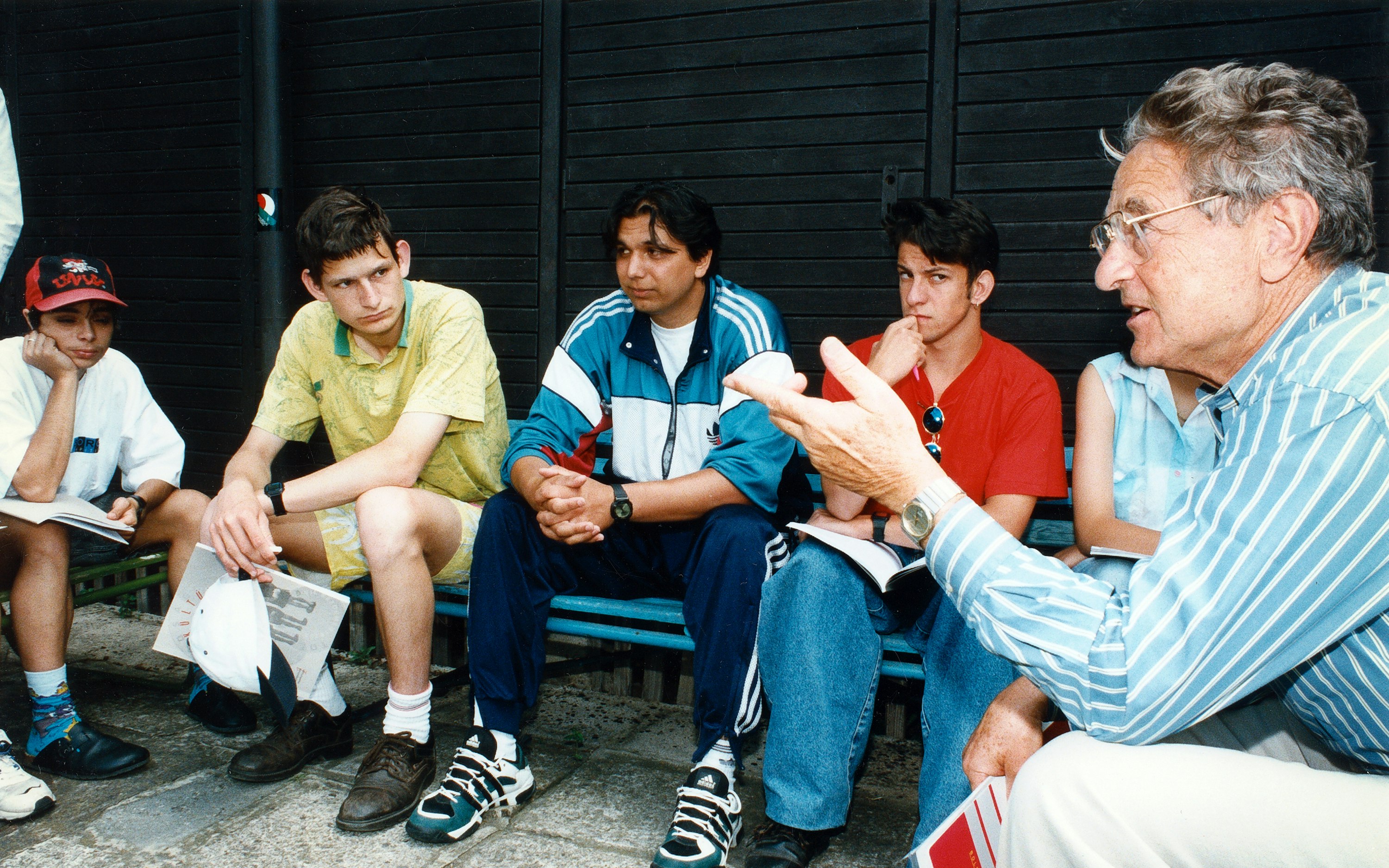
Inside Open Society
Forging New Paths to Green Development for the Global South

With climate disasters becoming more frequent and economic insecurity fueling unrest, the green transition can be a vital catalyst for countries to become more equal and prosperous, while protecting the planet.
Visual Storytelling
Q&A: Visual Witnesses: Photojournalism in a Changing World

World Press Photo Foundation's executive director reflects on the organization’s legacy, its evolving role in photojournalism, the impact of AI on the industry, and efforts to promote diversity and inclusivity in visual storytelling.
Inside Open Society
Reimagining Drug Policy with Compassion and Justice

Drug policy should be rooted in principles of public health, human rights, and uphold human dignity. Open Society strives to promote humane, evidence-based approaches to drugs and drug use worldwide.
Topics
Latest Voices
Accountability for Atrocities
Building War Crimes Cases in Ukraine
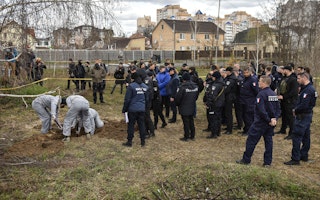
The horrific slaughter of innocents in Ukraine will test the ability of the international justice system to hold Russia accountable for its misdeeds. A veteran human rights lawyer on the challenges and opportunities ahead.
On the Ground in Ukraine
Health Care on the Front Lines in Ukraine
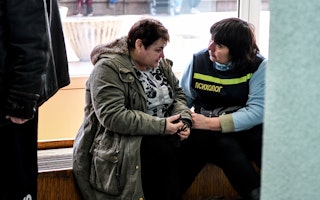
When Russia’s invasion of Ukraine began, the International Renaissance Foundation in Ukraine was forced to scatter. Viktoriia Tymoshevska shares how it regrouped—and stepped up efforts to ensure health care amid the violence.
Domestic Workers’ Rights
Q&A: The Struggle for Domestic Workers’ Rights
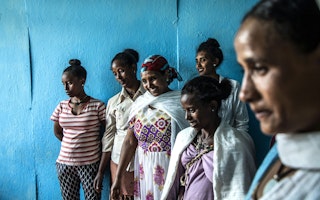
Domestic workers are lauded as “essential,” though often their rights are not respected. Open Society spoke to Elizabeth Tang, International Domestic Workers Federation, about how they are organizing and where they are seeing progress.
Vaccine Justice
Q&A: Africa’s Fight for Vaccine Equity
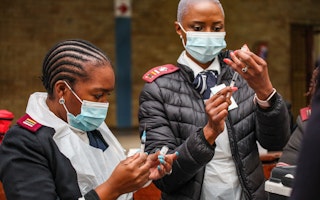
As the pandemic enters its third year, African Alliance founder Tian Johnson shares reflections on how to make progress in the push for vaccine equity and what African civil society organizations are asking for now.
Ukrainian Resilience
Defending Civil Society in Ukraine
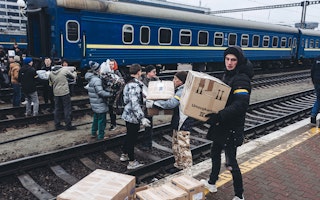
Russia’s war is about Ukraine’s right to exist. This is why people are so determined to defend what’s ours. In the name of vanquishing Ukraine, he has tied together its various strands in an unbreakable bond.
Civil Society in War Time
Q&A: Standing Up for Ukraine

Viorel Ursu, division director with Open Society’s Europe and Eurasia program, shares reflections on Russia’s assault on Ukraine, the Foundations’ legacy there—and what civil society must do in the nation’s hour of need.
Documentary Films
Q&A: Harnessing the Power of Documentary Storytelling

Orwa Nyrabia, artistic director of the International Documentary Film Festival Amsterdam, talks to Open Society about his experiences in Syria as a child and during the war, and its impact on his worldview and creative path
Domestic Workers’ Rights
How Impact Investment in a Digital Platform Can Advance Labor Rights for Domestic Workers in Latin America

Of Latin America’s 18 million domestic workers, most are informally employed. Our Soros Economic Development Fund is investing in a digital platform to legally employ domestic workers and improve labor rights.
Gender-Based Violence
Tackling a “Shadow Pandemic” of Gender-Based Violence
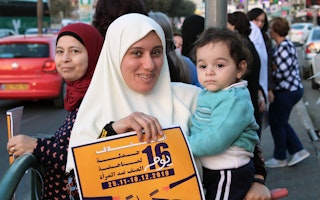
Gender-based violence spiked globally during the pandemic. In the Middle East and North Africa, feminist groups stepped up to aid women under threat.
In Remembrance
Lani Guinier’s Overlooked Education Legacy

The late Lani Guinier thought deeply about the intersection between education and criminal justice. Her leadership at Open Society helped pave the way to colleges across the country offering higher education to the incarcerated.